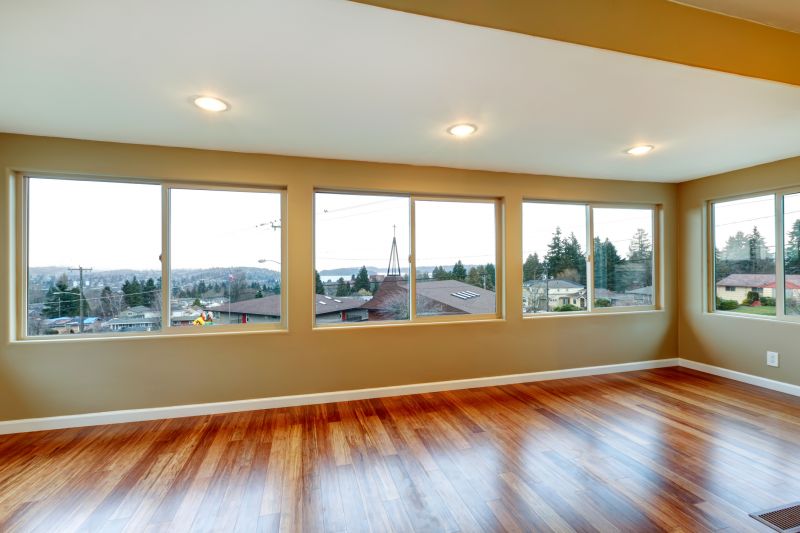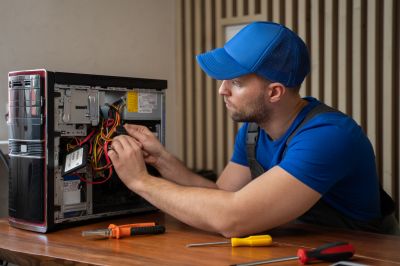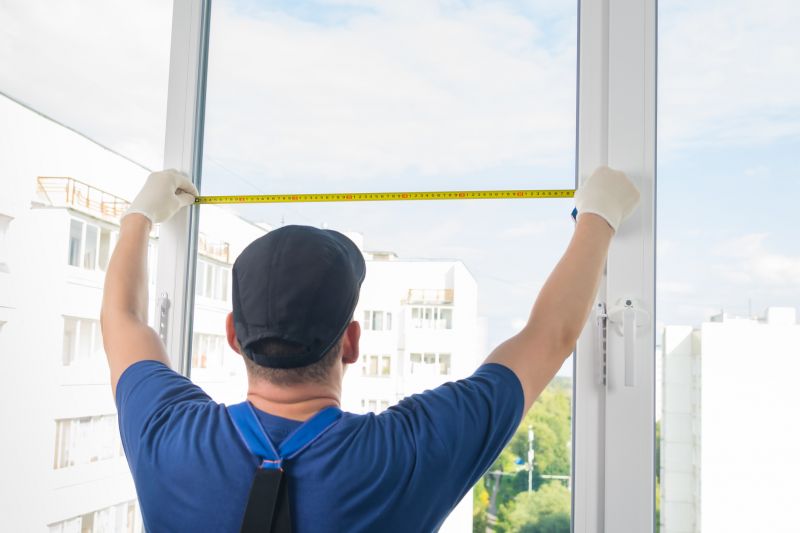Optimal Timing for Window Installations
Windows installations are most effective when scheduled during periods of low system usage to minimize disruptions. Timing also depends on the availability of technical support and the readiness of hardware components. Understanding optimal periods can ensure smoother processes and quicker setup.
Late fall and winter months often see reduced activity, making them ideal for installations due to lower demand for technical services.
Scheduling during weekends can minimize operational downtime, especially for business environments.
Performing installations outside of regular business hours can prevent workflow interruptions and improve efficiency.
Preparing hardware and software beforehand ensures a faster installation process during the scheduled time.

A technician preparing for Windows installation during off-peak hours.

Prepping hardware components prior to installation.

Support team assisting during scheduled Windows upgrades.

Ways to make Windows Installations work in tight or awkward layouts.

Popular materials for Windows Installations and why they hold up over time.

Simple add-ons that improve Windows Installations without blowing the budget.
| Optimal Timing Factors | Details |
|---|---|
| Low System Usage | Schedule during times of minimal activity to reduce operational impact. |
| Support Availability | Ensure technical support is accessible during the chosen period. |
| Hardware Readiness | Prepare all necessary components beforehand. |
| Business Operations | Coordinate with business hours to avoid disruptions. |
| Seasonal Considerations | Leverage seasons with historically lower demand for services. |
Windows installations involve the setup and configuration of Microsoft operating systems on compatible hardware. Proper timing can enhance the efficiency of the process, reduce downtime, and ensure system stability. Statistics indicate that scheduling during off-peak periods can decrease installation time by up to 30 percent, while also minimizing operational disruptions.
Advanced planning and coordination are essential for successful Windows installations. Ensuring hardware compatibility, backing up data, and scheduling during periods of low activity contribute to a smoother transition. Regular updates and system checks post-installation help maintain optimal performance.

Technician installing Windows on a desktop.

Support staff assisting with configuration.

Verifying hardware components before installation.

Testing system stability after Windows setup.

High-end options that actually feel worth it for Windows Installations.

Finishes and colors that play nicely with Windows Installations.

Little measurements that prevent headaches on Windows Installations day.

A 60-second routine that keeps Windows Installations looking new.
Interested in scheduling a Windows installation? Filling out the contact form can help coordinate the optimal timing for specific needs and ensure a seamless setup process tailored to individual requirements.



